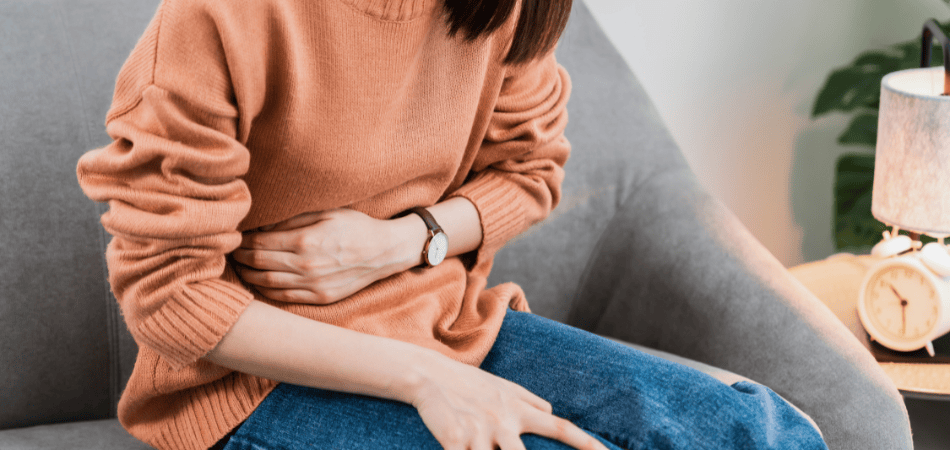
Written by:

Medically Reviewed by:
Last Updated:
January 15th, 2025
Sleeping Pill Addiction
Sleeping pills are medications commonly prescribed to help individuals who struggle with insomnia or other sleep-related disorders. They work by promoting relaxation or sedation, making it easier to fall asleep and stay asleep. For those who face sleepless nights or disrupted rest due to stress, anxiety or physical discomfort, sleeping pills can seem like a lifeline. However, while they may offer short-term relief, these medications are not designed for long-term use.
The role of sleeping pills is not to address the root causes of sleep problems but to offer temporary support. This is why doctors often prescribe them alongside other therapies, such as cognitive behavioural therapy for insomnia (CBT-I) or relaxation techniques. For some people, sleeping pills are a brief and effective solution. However, for others, reliance on these medications can develop, leading to concerns over a sleeping pill addiction.
What are the different types of sleeping pills?
There are several types of sleeping pills, each designed to work in different ways. Some of the most commonly prescribed include benzodiazepines, non-benzodiazepine sedative-hypnotics and over-the-counter (OTC) options.
- Benzodiazepines, such as temazepam and nitrazepam, are powerful sedatives often used for short-term treatment of severe insomnia. They work by enhancing the activity of a neurotransmitter in the brain called GABA, which promotes calmness and relaxation. These medications are effective but carry a significant risk of dependence if used beyond a few weeks.
- Non-benzodiazepine sleeping pills, including zolpidem (commonly known as Ambien) and zaleplon, are sometimes referred to as ‘Z-drugs’. They are also designed for short-term use and are considered less habit-forming than benzodiazepines, although addiction can still occur.
- Over-the-counter sleeping aids, such as antihistamines or herbal remedies, are widely available without a prescription. While they are generally considered less potent, frequent use could lead to psychological sleeping pill addiction or habitual reliance.
Each type of sleeping pill comes with its own risks and benefits and it’s important to understand these when considering their use. It’s equally vital to recognise that even medications prescribed with the best intentions can lead to a sleeping pill addiction.
Are sleeping pills addictive?
Sleeping pills can be addictive particularly when they are taken for longer than prescribed or in higher doses. Sleeping pill addiction often develops subtly, and what starts as occasional use to manage sleepless nights can escalate into a physical or psychological reliance.
Physically, the body can build a tolerance to sleeping pills, meaning you may require higher doses over time to achieve the same effect. This increases the risk of dependence and can make stopping the medication feel daunting. Psychologically, the belief that you ‘can’t sleep without them’ can take hold, reinforcing the cycle of sleeping pill addiction.
The risk of addiction varies depending on the type of sleeping pill and how it is used. For example, benzodiazepines and Z-drugs are more likely to lead to dependency than occasional use of over-the-counter sleep aids. However, even harmless medications can become problematic if used improperly or without monitoring.
Recognising the potential for addiction doesn’t mean that sleeping pills are inherently bad, as when used correctly, they can be a helpful tool. However, understanding their risks is a crucial step in using them safely.
What are the signs of sleeping pills addiction?
Spotting the signs of a sleeping pill addiction isn’t always easy, particularly if the medication has been taken under medical guidance. Addiction of any kind can creep up gradually, making it difficult to realise when occasional use has turned into dependency.
However, there are physical, psychological and behavioural signs that may indicate a potential sleeping pill addiction.
Physical signs
- Drowsiness or dizziness: Feeling overly tired or lightheaded, even during the day, can indicate consistent overuse.
- Impaired coordination: Struggling with balance or motor skills, especially after taking higher doses of sleeping pills.
- Withdrawal symptoms: Experiencing nausea, sweating or heightened anxiety when the medication is stopped.
Psychological signs
- Cravings: A strong urge to take sleeping pills, often feeling like you can’t sleep without them.
- Preoccupation: Spending a lot of time thinking about obtaining or using sleeping pills.
- Dependence on sleep aids: Believing you’re unable to rest without sleeping pills, even in non-stressful situations.
Behavioural signs
- Doctor shopping: Visiting multiple doctors to secure extra prescriptions. (Note: this behaviour is applicable to countries where healthcare is privatised.)
- Increasing dosage: Taking more sleeping pills than prescribed or using them in unintended ways.
- Secrecy or defensiveness: Hiding your sleeping pill use from loved ones or becoming defensive when questioned.
Recognising these signs is the first step towards seeking help.
How is a sleeping pill addiction treated?
Treating a sleeping pill addiction involves a combination of medical care, therapy and long-term support. At Liberty House, we offer a structured and compassionate approach that addresses the physical and psychological aspects of addiction.
The journey often begins with an initial assessment to understand your unique situation, and from there, a detox programme is typically the first step. During detox, the body is gradually weaned off the medication under medical observation to minimise withdrawal symptoms.
Following detox, therapy becomes the cornerstone of recovery. Cognitive behavioural therapy (CBT) is particularly effective for addressing the underlying causes of addiction and developing healthier coping mechanisms. Group therapy provides a sense of community and shared understanding, while one-to-one counselling offers a space to explore personal challenges in depth.
Aftercare is another vital component of treatment. Transitioning back to daily life can feel daunting, but ongoing support helps to bridge the gap between rehab and independence.
Take the first step today
If you or someone you care about is struggling with a sleeping pill addiction, reaching out is the most important step you can take. At Liberty House, we’re here to support you every step of the way, offering compassionate care and a tailored approach to recovery. Don’t let addiction control your life. Contact us today and start your journey to a better tomorrow.
Frequently Asked Questions
(Click here to see works cited)
- InformedHealth.org [Internet]. Cologne, Germany: Institute for Quality and Efficiency in Health Care (IQWiG); 2006-. Using medication: What can help when trying to stop taking sleeping pills and sedatives? 2021 Aug 24. Available from: https://www.ncbi.nlm.nih.gov/books/NBK361010/
- Schifano F, Chiappini S, Corkery JM, Guirguis A. An Insight into Z-Drug Abuse and Dependence: An Examination of Reports to the European Medicines Agency Database of Suspected Adverse Drug Reactions. Int J Neuropsychopharmacol. 2019 Apr 1;22(4):270-277. doi: 10.1093/ijnp/pyz007. PMID: 30722037; PMCID: PMC6441128.




